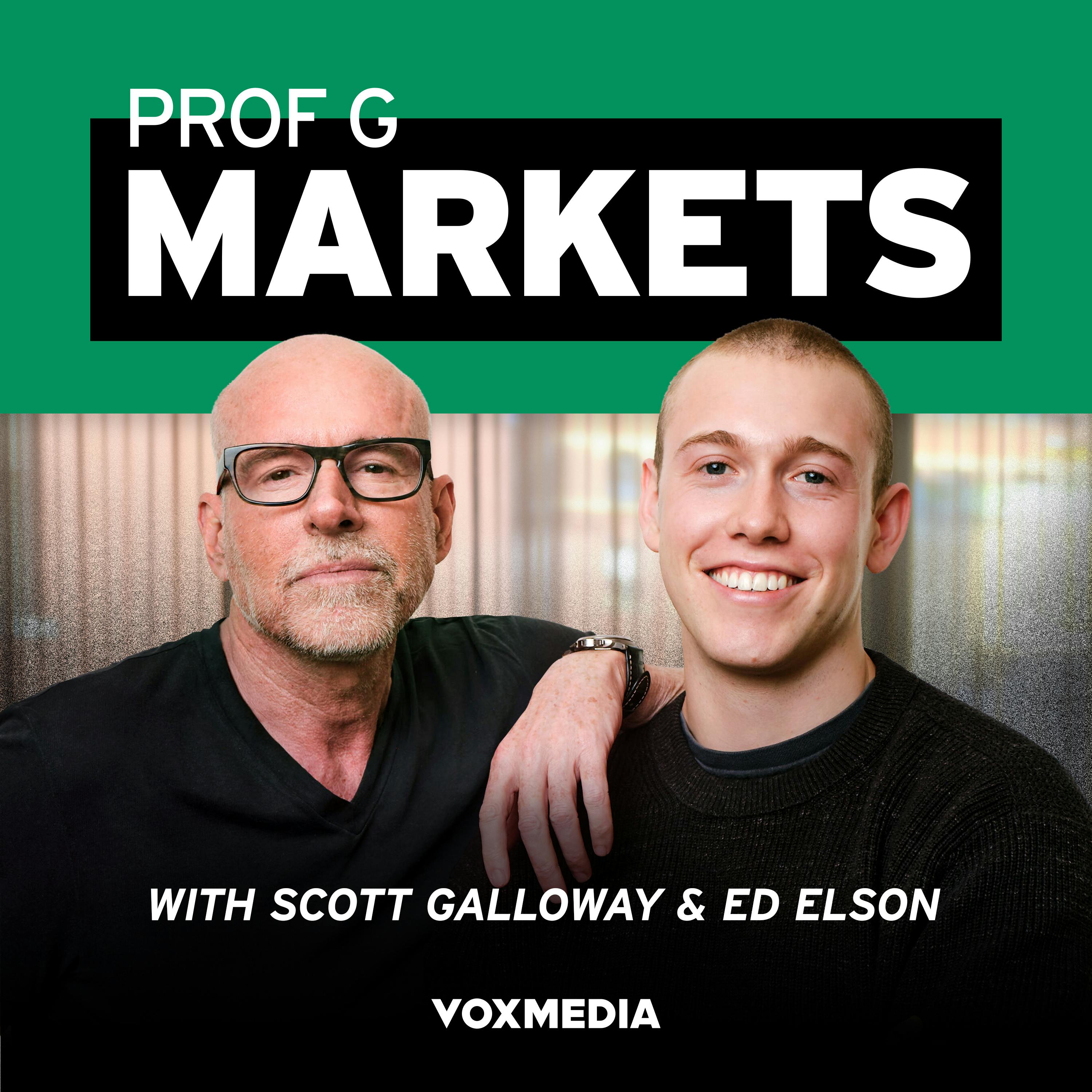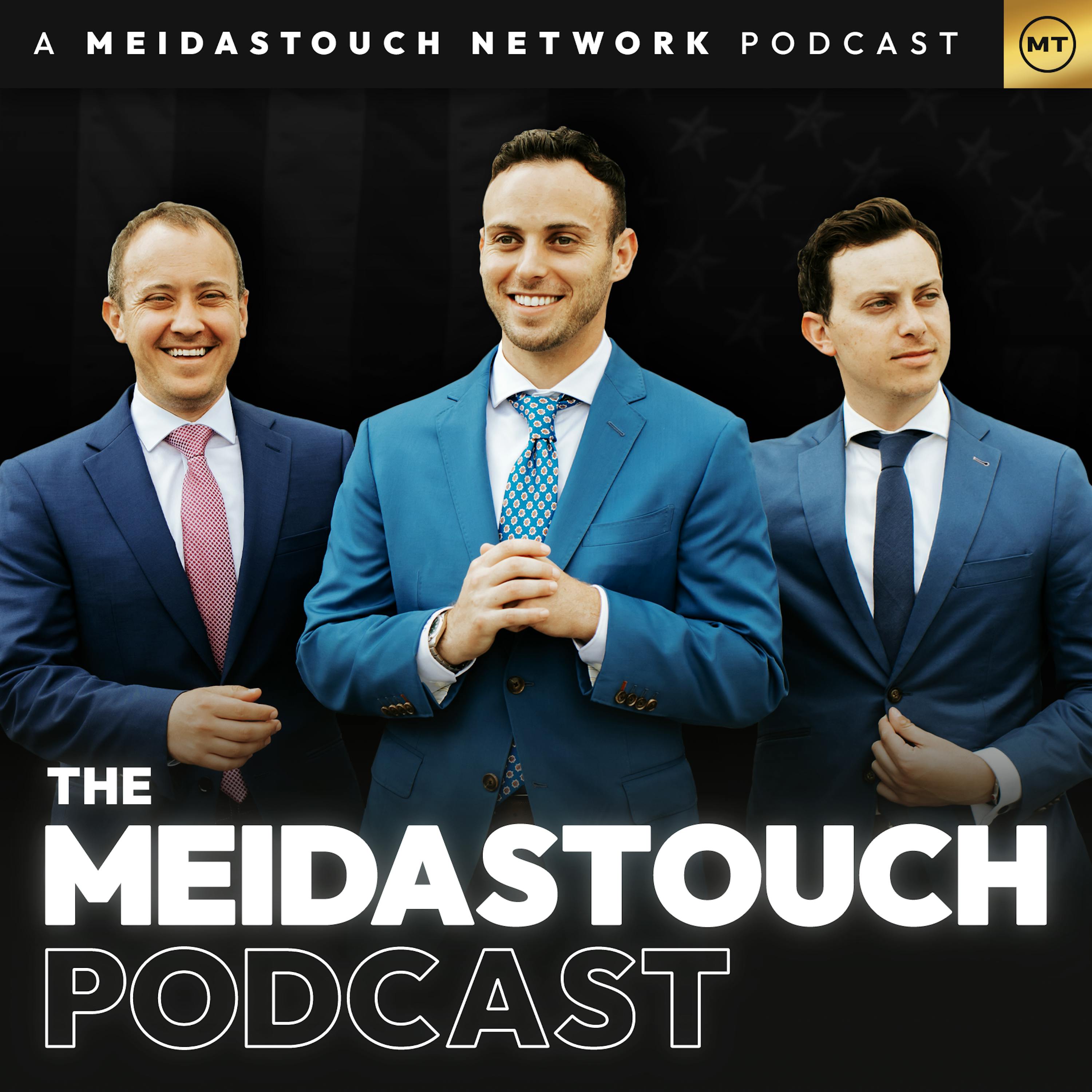PortalsOS
Related Posts
Vote to see vote counts
Eric Trump reflects on a poignant moment when his father laid the wreath at the Tomb of the Unknown Soldier, describing it as a rare moment of silence in Washington. He realized then that their entry into politics was vastly different from the business world, marking a significant shift in their lives.

The Trump administration has repeatedly removed a statue depicting Donald Trump and Jeffrey Epstein, but the artists have persistently put it back up.

Eric Trump describes a story where Donald Trump, impressed by a stone wall, offered all his work to Frank Sanzo, a talented mason. This encounter illustrates Donald Trump's appreciation for craftsmanship and his spontaneous decision-making.

Trump's actions in office reflect a strongman leader's textbook agenda: identifying enemies, consolidating power, and enriching oneself and allies.

Stephen Miller's speech at the memorial was reminiscent of 1930s Germany, drawing comparisons to fascist rhetoric.

The deployment of federal agents and National Guard troops in cities like Chicago and Portland is part of a pattern where Trump's administration fabricates or exaggerates threats to justify military presence, a tactic reminiscent of early fascist strategies.

Fermi America's plan to build a nuclear power plant named after Donald Trump is part of its strategy to attract investors.

The Trump administration's approach to perceived threats is seen as a continuation of historical patterns of political repression, with new targets and methods.

Historically, America has achieved monumental engineering feats like the Panama Canal and the Empire State Building. These projects were completed quickly and beautifully, driven by a cultural desire to accomplish great things. Today, bureaucratic red tape and a lack of ambition hinder similar achievements.
Donald Trump has a clear agenda similar to other strongman leaders, focusing on consolidating power, enriching himself, and targeting enemies.
